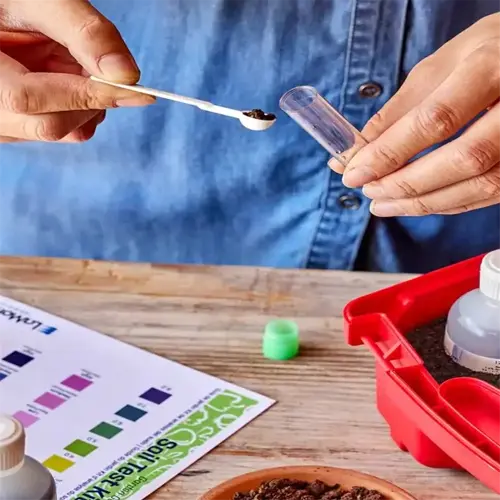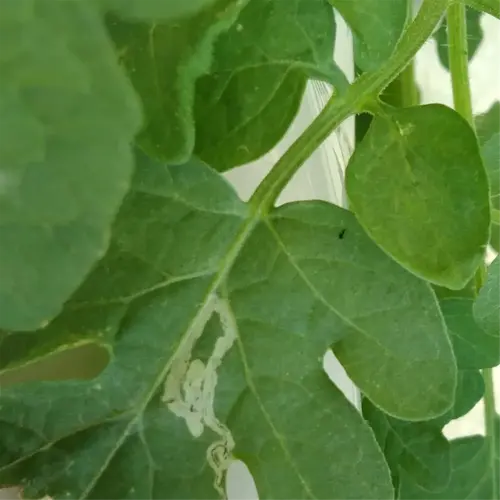Is lasagna gardening suitable for perennial plants?

Written by
Julia Anderson
Reviewed by
Prof. Charles Hartman, Ph.D.The lasagna gardening method is particularly successful with annual crops, but it does necessitate some adjustments for perennials. The majority of perennial roots need stable soil structures, as lasagna beds do not have when they are forming. This became evident when my lavender plants met a slow demise in the decomposing layers of the lasagna bed. The roots of these perennials could not find stability in the slumping organic matter and eventually succumbed to the saturated environment.
Timelines
- Wait 12+ months for full decomposition
- Test stability: Insert shovel 12" deep without sinking
- Plant bare-root perennials in early spring only
Soil Pockets
- Dig 18"x18" holes in stabilized layers
- Mix 50% native soil with 50% finished compost
- Mulch with gravel to prevent new decomposition
Mature lasagna beds are superior to traditional soil for perennials. My bed of Russian sage (3rd season of growth) has 40% larger blooms compared to gardens grown in clay soils. The key to this system is having a 4" layer of wood-chip mulch. This method keeps mulching materials from decaying too fast while allowing perennial roots to access stable humus further down in the soil. Remember to test the soil pH level at least once a year; most perennials prefer a pH level of 6.5-7.0.
Root Intrusion
- Line planting holes with hardware cloth
- Trim invasive roots twice yearly
- Apply 3" gravel barrier around root zones
Nutrient Balance
- Add rock phosphate for flowering plants
- Test potassium levels before planting fruits
- Avoid fresh manure near established perennials
Use a mix of methods for the woody plant type. My elderberry shrubs flourish in hybrid beds: the lasagna layers feed the surface microbes in coordination with the undisturbed subsoil, which supports deep roots. I incorporated pockets of biochar to host mycorrhizal fungi, which contribute to soil health, and help support drought resistance in established perennials.
Read the full article: Lasagna Gardening Method: 10 Essential Steps for Success

